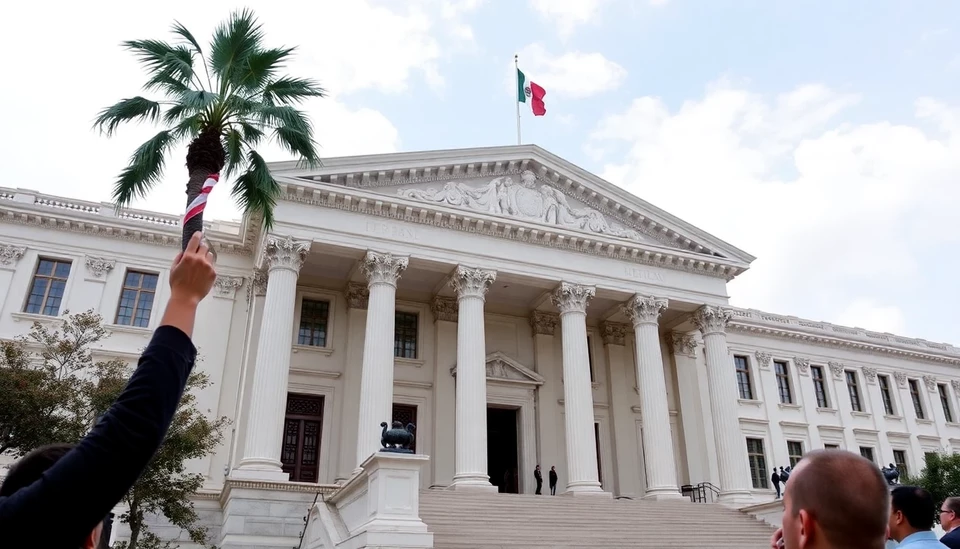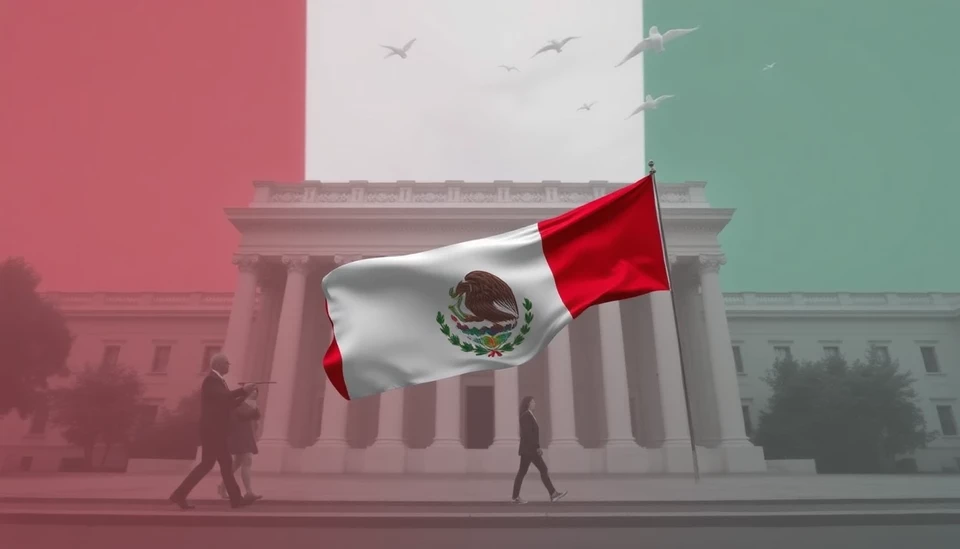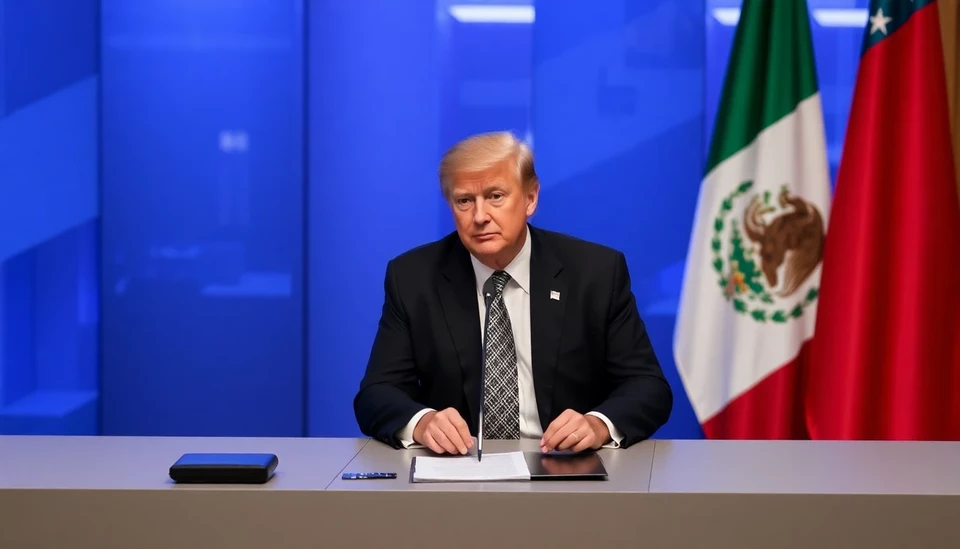
In a recent landmark decision, the Supreme Court of Mexico dismissed an initiative aimed at curbing the government's ambitious judicial overhaul. This ruling not only marks a significant moment in the administration's efforts to reshape the judiciary but also signals potential implications for future governance and legal proceedings in the country.
The bid to limit the judicial reform was introduced amid concerns from various sectors, including legal experts, civil society organizations, and opposition political parties. Critics argue that the overhaul threatens judicial independence and could undermine the rule of law in Mexico. However, the court's dismissal indicates a level of alignment with President Andrés Manuel López Obrador's vision for a revamped and more efficient judicial system.
Central to the ongoing judicial transformations is the López Obrador administration's objective to ease access to justice throughout Mexico. Authorities assert that the current judicial framework requires substantial reform to function effectively, with issues such as prolonged trials, insufficient representation, and a backlog of cases frequently cited as persistent problems.
Supporters of the judicial reform argue that such changes are essential for combating corruption, ensuring judicial efficiency, and restoring public confidence in the legal system. However, the juxtaposition of these ambitions against the potential risks of entrenching political influence within the judiciary creates a complex landscape for further reforms.
The Supreme Court's decision has generated mixed reactions across Mexico. Advocates for a more independent judiciary expressed disappointment, arguing that the ruling could embolden government overreach into judicial matters, while others welcomed the continuity of the reform agenda. This polarized response highlights the broader societal divide regarding the balance of power and the role of the judiciary in a democratic society.
As Mexico stands at a crossroads with its judicial system, the implications of this ruling will likely resonate in upcoming political discourse and future judicial proceedings. Observers are keenly monitoring how these reforms unfold and the potential challenges that may arise as the nation navigates its aspirations for a modern legal framework.
In conclusion, the Supreme Court's dismissal of the initiative to limit the judicial overhaul not only underscores the current government's commitment to its reform agenda but also raises critical questions about the future of judicial independence in Mexico. As the situation develops, stakeholders across the political spectrum will need to engage in meaningful dialogue to ensure that the evolution of the judiciary supports a robust democracy.
#Mexico #SupremeCourt #JudicialReform #LópezObrador #RuleOfLaw #LegalSystem #JusticeReform #PoliticalImpact
Author: Rachel Greene




